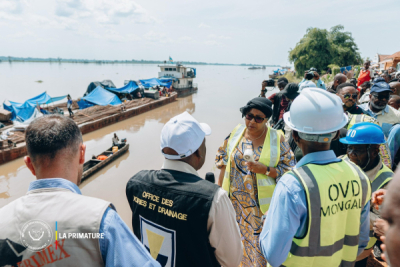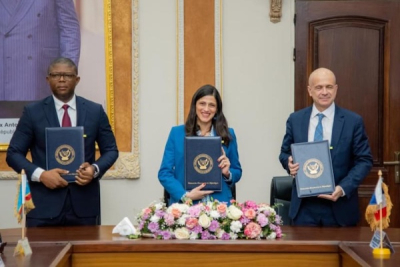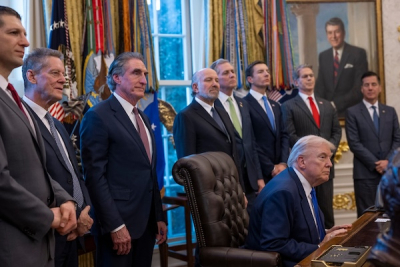Deputy Venance Mboyo recently proposed a law that could significantly reshape the real estate market in the Democratic Republic of Congo (DRC). The bill aims to regulate landlord-tenant relations and reduce the country’s reliance on the US dollar.
Presented to the National Assembly on May 12, the bill also seeks to amend and supplement the 31 December 2015 law on non-professional rental leases.
Eyanga Mboyo, a member of Actions audibles pour la bonne gouvernance (AABG), a party within the presidential majority, explained that the proposal aims to ensure rents and related fees are set and paid exclusively in Congolese francs. This aligns with Decree no. 004/2001 on the regime for operations in national and foreign currencies, as well as Article 8, paragraph 2 of the 2014 exchange regulations, amended in 2018. The goal is to strengthen monetary stability and advance the de-dollarization of the Congolese economy.
The move comes amid challenges in several cities, notably Kinshasa, where the real estate market is poorly regulated, characterized by high rents denominated in US dollars, abusive evictions, and limited access to housing. Eyanga Mboyo criticized the absence of a formal contractual framework, which exposes both landlords and tenants to legal insecurity.
Mboyo’s bill includes 12 major reforms, such as the creation of a housing police force, the introduction of a lease permit, a framework for rent adjustments, mandatory signing of lease contracts by relevant authorities, and the exclusive payment of rents in Congolese francs.
Additional provisions call for mandatory approval of real estate agencies, the establishment of a national real estate appraisal commission, centralization of security deposits in a dedicated state bank account, regulation of premises exchanges, clarification of responsibilities for major repairs, the creation of a digitized national lease register, and continuity of contracts in the event of a party’s death.
While the National Assembly has deemed the text admissible, it must still undergo the full parliamentary process, be adopted, and promulgated by the President of the Republic before taking effect.
This article was initially published in French by Ronsard Luabeya (intern)
Edited in English by Ola Schad Akinocho










